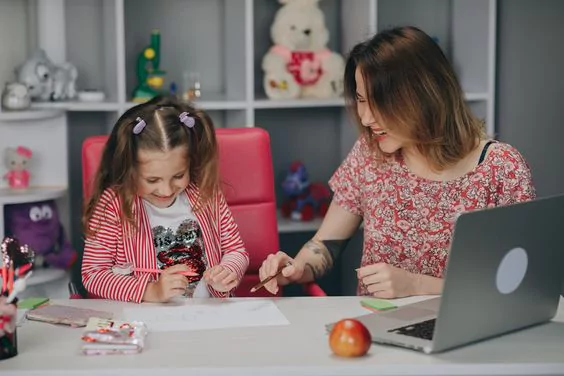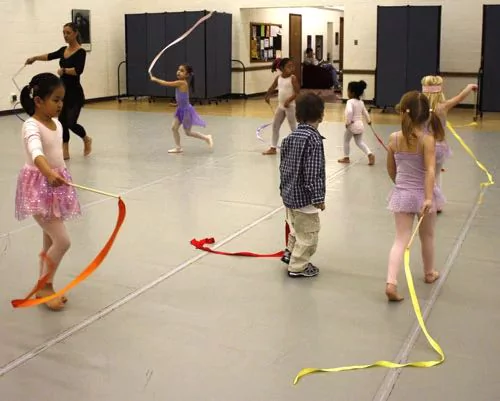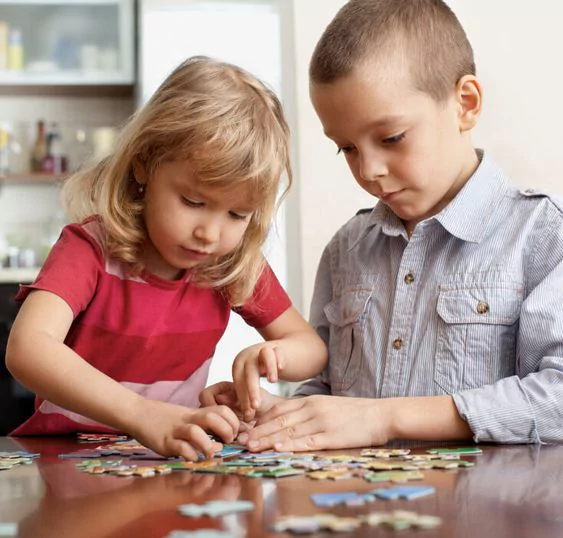

The future is about creative intelligence; therefore, parents must focus on enhancing the creative thinking of their child, along with analytical skills. Creativity is about developing new ideas, concepts, and imagination. It can help build skills such as problem-solving, critical thinking, and the ability to express in unique ways.
Recommended Reading: 10 Soft Skills To Teach Your Kids
UNC Greensboro researchers discovered that young adults who reported being happy and active were more likely to be doing anything creative at the time. Many pediatricians agree their observations support this.
So, what are you waiting for – lets explore the top ways to nurture a child’s creativity
From providing opportunities for creative expression to celebrating their successes, these tips will help you create an environment that will encourage your child’s creativity and help them reach their full potential.
Let’s get started!

1) Encourage Exploration and Curiosity
Encouraging exploration and curiosity is one of the most important things you can do to nurture your child’s creative mindset. Allow them to explore their environment and encourage them to ask questions about the world around them. This will develop a sense of curiosity and encourage them to think outside the box. You can also provide them with materials such as art supplies, blocks, or puzzles to explore and create with.









Moonpreneur
Let your child question everything.
One of the common habits among young kids is that a question precedes every response. When your child learns to ask the proper questions, he or she will also learn to find the correct answers. After all, the need is the mother of creation, and curiosity is unquestionably the mother of an inventive mind. As a result, no matter how insignificant the questions appear to you, never stop your children from asking them.
For example, if your child is curious about why the moon changes size every night, try explaining the process to the child in an age-appropriate manner. This will feed your child’s curiosity and imagination, as well as aid in building a creative attitude in them.
Remember, every youngster thinks differently, and their cognitive capacities vary as well. Therefore, imposing your views on them would be pointless. Allow them to think independently and assist them along the process. Be a lighthouse, but never hold your children’s hands as they seek solutions. Watch this 7-minute award-winning film if you’re curious about why schools frequently receive failing scores for encouraging children’s creativity:
Conclusion
Thinking creatively can transform children into problem-solvers that can benefit them both in their personal and professional space. Creative thinking helps in discovering new things, staying mentally active, and empowering reasoning and analytical skills.
Enroll your child in Moonpreneur’s Power Skills Program today and help your child enhance creativity and confidence to become future-ready.
Looking for a comprehensive parenting guide to ensure you are on the right track? Explore a wealth of parenting wisdom and educational insights in Moonpreneur’s blogs. Additionally, you can join our programs that nurture the next generation of innovators. Book a free trial now!
Update: This article was last updated on 12th January 2026 to reflect the accuracy and up-to-date information on the page.


























I am facing an issue in improving problem solving skills in my son, how to deal with it?
7 steps of the creative problem solving process
Is creativity a characteristic or a skill?
Because it may be a beneficial tool for coming up with new ideas, boosting productivity, and coming up with solutions to challenging situations, creativity is a vital workplace ability. While some forms of creativity may come naturally to you, creativity is a skill that can be learnt and improved over time.
What do you call someone who is creative?
You can call them Gifted, ingenious, innovative, inventive and original.